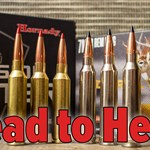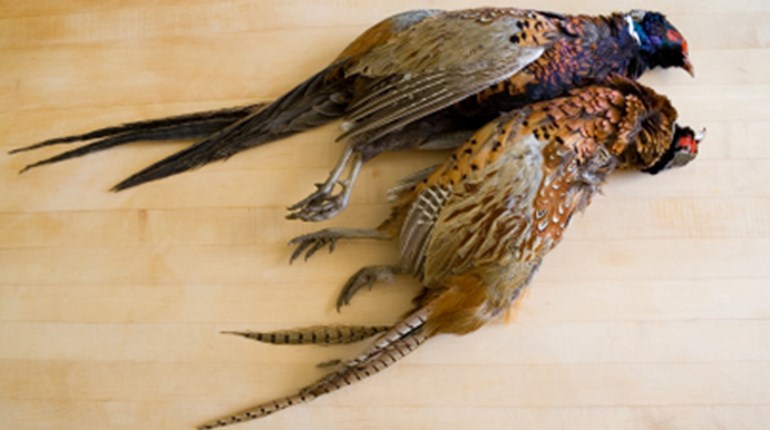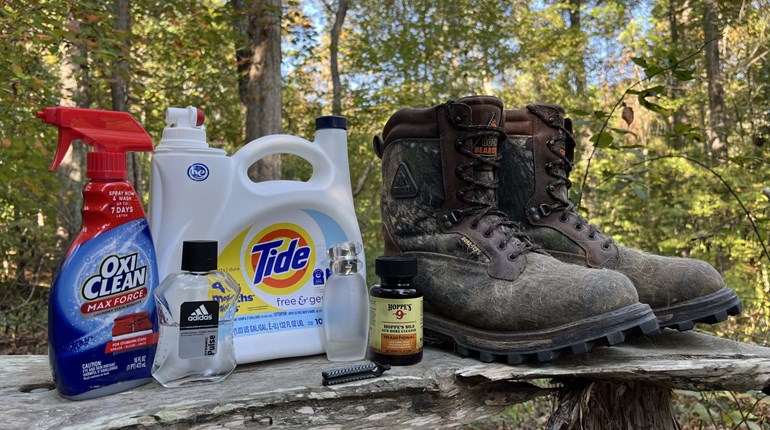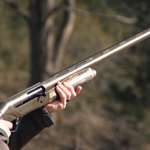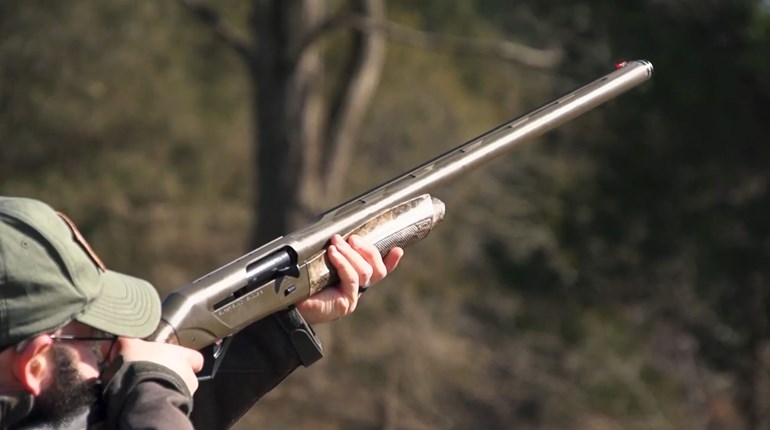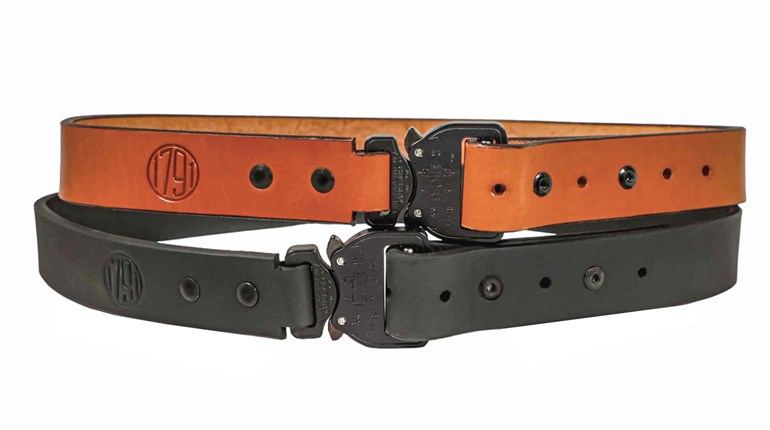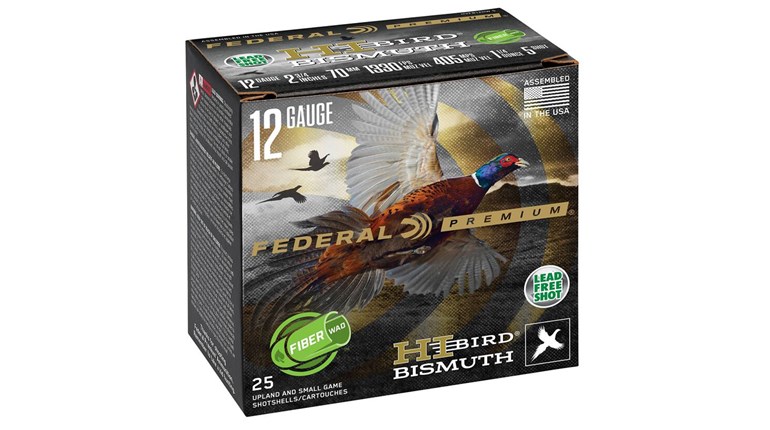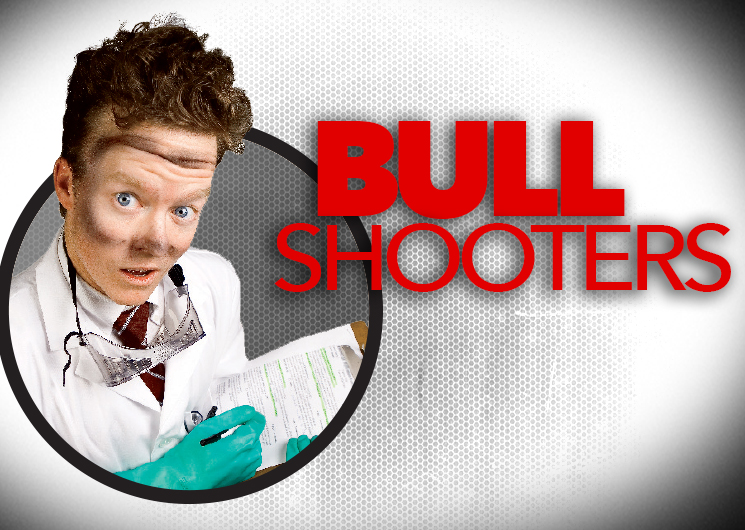
The Issue
We’ve all heard of “buck fever” and most of us have experienced it, but what’s going on in our bodies to cause it? Can it be prevented?
The Symptoms
Narrow vision, loss of motor control, loss of hearing, time slows down or speeds up, rapid heart rate—all of these are physiological responses that make placing an accurate shot on an animal a real challenge. Some hunters’ minds and bodies fall to pieces at the sight of a trophy animal, but why?
The Expert Deferral
There doesn’t seem to be a body of research on the physiology of hunting game, but there is an emerging field of study on the effects of killing in combat and lethal force encounters. Lt. Col. Dave Grossman is a leading author in this field that he calls “Killology.” Grossman is a former Army Ranger and professor of psychology at the United States Military Academy. He’s also the author of On Killing: The Psychological Cost of Learning to Kill in War and SocietyandOn Combat: The Psychology and Physiology of Deadly Conflict in War and Peace, both of which cover these issues in great detail. Grossman’s research is part of the core curricula of many military, law enforcement and civilian courses dealing with the use of deadly force.
The Theory
According to Grossman’s books, the human body reacts to certain stressful fight or flight events with responses like those listed above, collectively known as “Condition Black.” My theory is that these same symptoms constitute “buck fever”:
-Auditory exclusion: Ever notice how your rifle’s report doesn’t seem so loud when you’re shooting at game rather than a target?
-Tachypsychia: Time speeds up or slows down. Did it seem like the arrow took forever to fly, or that everything happened too fast?
-Loss of motor skills: Have you ever lost dexterity in your hands at the sight of a big buck? Fumble with the safety or bolt, something that’s usually second nature?
-Impaired vision: Tunnel vision is a common response to deadly force encounters and certainly something experienced by hunters.
-Disassociation: Ever felt like you’re watching someone else perform your body’s movements?
-Memory loss: Do you remember pulling the trigger? Where the elk was standing? Which direction he ran? Partial or full memory loss of the actual event of killing are commonplace.
-Loss of bowel/bladder control: Can’t say I’ve heard of this one happening to hunters, but maybe folks just don’t want to talk about it…
Does this Theory Hold Water?
I reached out to Dave Grossman (who is a hunter himself) and posed the question to him. His response:
“Absolutely! I think buck fever is definitely a form of condition black. But I think there is more to it...I also have some thoughts on why auditory exclusion happens when you are hunting, but not in competitive shooting. I am convinced that auditory exclusion and buck fever are not (just) about the excitement, or the stress, I think it is the act of killing, hunting: triggering what I call our "predator neurons"…That is what makes hunting so intensely satisfying…it is what we were designed to do.”
The Ruling
According to Grossman, “buck fever” is at least similar to the physiological effects experienced by humans in life or death situations. Perhaps this is one of the reasons why hunters have proven to be great soldiers—their bodies have been somewhat “inoculated” against Condition Black through their experiences afield.
Prevention
How can we ease these symptoms? Grossman recommends a practice that he calls “tactical breathing.” Refer to his books for the details, as it’s too in-depth of a subject to tackle here. My own recommendation is this: practice, practice, practice. The more often you perform tasks such as manipulating and shooting your hunting rifle, shotgun, handgun, or bow, the easier it will become to perform those tasks under stress. As my friend James Yeager puts it: “In times of stress, people don’t ‘rise to the occasion’, they default to the level of training that they’ve mastered.”
Master your firearm or bow and you’ll be far more likely to put the shot where it counts when “buck fever” kicks in.





